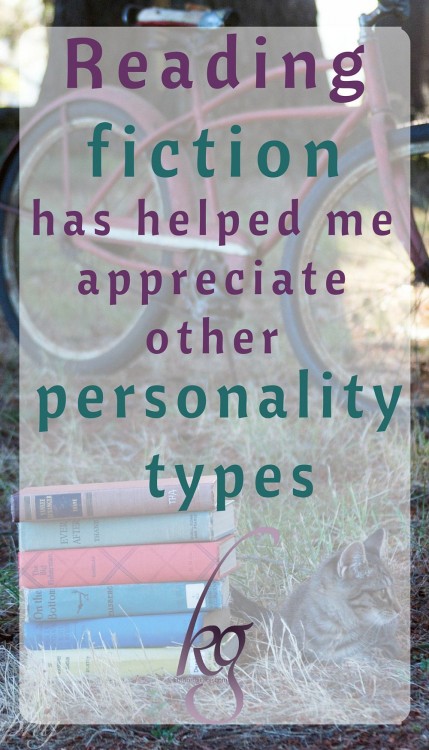Real People, Fictionally
Disclosure: This post contains affiliate links which won’t change your price.
It’s so much easier for me to get along with people who have similar personalities to mine. We may not always agree on everything, but at least we tend to operate the same way. We prioritize the same kinds of things. We are frustrated by similar things. It’s no surprise that my closest friends and I have a lot of personality traits in common.
But life requires us to interact with people who are wired quite differently than ourselves, and Christian love goes even further, requiring us to have compassion and empathy for everyone in our lives. This has been a struggle for me at times, as I have a fairly “no-nonsense” personality. God has been working in my heart over the past several years, though, and I have started to see the incredible, complex variety He has put in the human race.
One unexpected place that I began to see this was in fiction. Several authors have a great grasp of human nature, and they can make their characters “come to life” in ways that have impacted how I treat similar people in the real world: Jane Austen, Laura Ingalls Wilder, L.M. Montgomery, and Louisa May Alcott, and my favorites, Elizabeth Goudge and Bess Streeter Aldrich.
Listen to how Elizabeth Goudge describes the Vicar and his sister in The Scent of Water:
“I saw her as I was coming out of the post office,” said Jean Anderson timidly.
“Who?” snapped the Vicar. His sister started at the sharpness of his question, tears came into her eyes and her tea slopped over into the saucer. They had lived together for ten years now and still she could not get used to the quickness of his speech, his unintentional sarcasm, and the pouncing vigor of his mind. And he on his side could not learn to adjust himself to her weakness and incompetence, though he tried hard.
Right there, I nearly know both of them. And I know people like them in real life, too. And as these characters are developed in the following pages, I begin to understand the why and how behind the way they think and act. It is easier to feel sympathy for a character in a book than for an annoying neighbor, but at least for me, it was an important first step toward truly loving and trying to understand my fellow man.
When I started paying attention, I saw my mom in a few characters. I dearly love my mom, but she and I have very different personalities, and too often in my immaturity I would just brush off her hurts and concerns instead of really trying to understand where she was coming from. Reading what that feels like, from the perspective of someone who is much like my mom, suddenly made it more real.
I wish I was naturally more compassionate toward people who are not like me. And with God’s help, I hope to get better. But for now? I’m thankful for whatever tools He uses to get me there, including fiction.
Photography: Rebekah Leona Photography



Very interesting, thank you for sharing and you made me curious about the book.
Through fiction, I’m starting to undertand people better too but still, I prefer keep a certain distance. Thank you for this post, God Bless You!
I’ve found the same thing – that fiction opens the eyes of my heart to appreciate people and situations that I wouldn’t otherwise have been able to understand. It’s nice to know that I’m not the only one to experience this blessing. It’s just one (of many!) reasons why I love reading good, insightful fiction when I get a chance! 🙂
Love this.